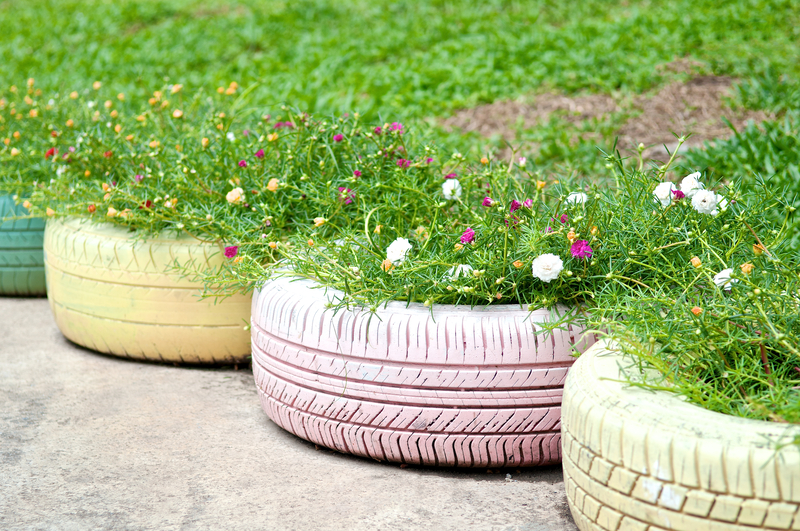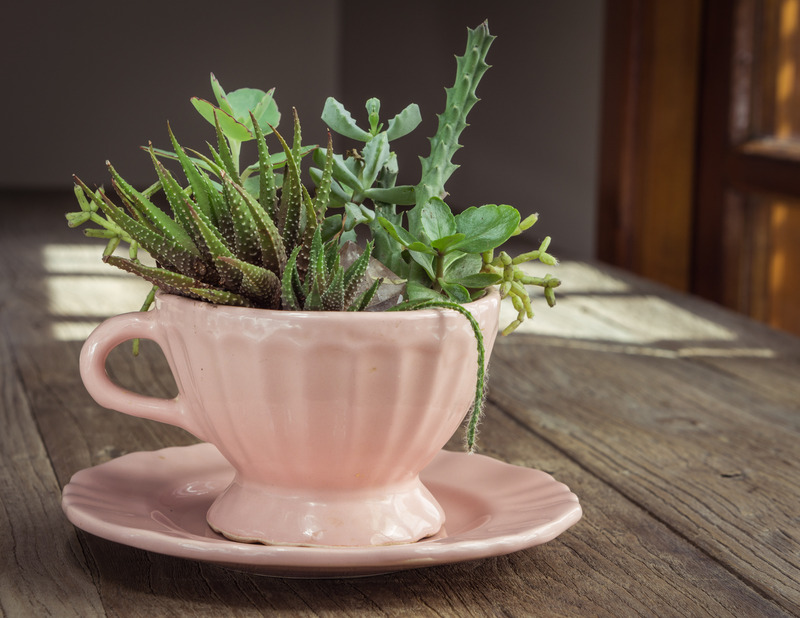Home Composting Solutions
Posted on 17/09/2024

Home Composting Solutions: The Key to Sustainable Gardening
Gardening is one of the most rewarding hobbies, and it's becoming increasingly popular with more people taking an interest in growing their own organic fruits and vegetables. However, while gardening can be a rewarding experience, it does come with its challenges - including how to dispose of garden waste. This is where home composting solutions come in. Not only do home composting solutions provide an easy, efficient way of disposing of organic material such as fallen leaves, grass clipping, and fruit and vegetable scraps; they also offer benefits such as improved soil fertility, soil structure, weed suppression, and moisture retention. In this article we take a look at the basics of home composting and explain why it is such an important part of sustainable gardening.
What is Home Composting?
Home composting is the process of collecting organic materials from your yard or kitchen and allowing them to decompose naturally into nutrient-rich humus. Compost is created by combining water, oxygen, carbon (from dead plant material) and nitrogen (from living material). These are combined in ideal ratios so that the organic matter can begin breaking down over time. Once fully decomposed, the resulting "compost" can be used as a natural fertilizer for gardens.
Benefits of Home Composting
There are many benefits associated with home composting. Here are just a few:
o Compost acts as an excellent soil conditioner which helps to improve soil structure, water-holding capacity and nutrient content. By adding compost to your soil you can increase its fertility and help your plants grow better.
o Home composting reduces landfill waste by keeping food scraps out of landfills where they create methane emissions. According to some estimates up to 40% of food sent to landfills could actually be used for home composting instead.
o Compost also helps throughout all seasons by helping you retain moisture in the summer months while insulating plants from cold winter temperatures.
o It's also highly cost effective since you can produce high quality compost without spending any money on equipment or supplies. This means anyone can get started with home composting at no cost!
How to Start Home Composting
The first step in starting a home compost pile is selecting the right location for your bin or pile. Ideally this should be somewhere it will receive consistent airflow and plenty of sunlight but far enough away from your house that odors won't be a problem. Next you will need to decide what type of system will work best for you - whether you want a traditional open pile or prefer something more contained like a compost tumbler or bin. Once you have your bin set up add layers of material - alternating between "green" materials such as fruit and vegetable scraps and "brown" materials such as dried leaves - until it's full. From there all you need to do is wait for nature to do its work! In time your compost should be ready to use as fertilizer or mulch in your garden beds.
Conclusion
Home gardening offers many wonderful benefits but it also presents its own set of challenges - including how to properly dispose of garden waste. Thankfully home composting provides an easy solution that not only helps reduce landfill waste but also improves soil structure and provides important nutrients for healthier plants. As long as you choose the right system for your needs - whether that's an open pile or something more contained - anyone can start taking advantage of the many benefits associated with home composting solutions today!

Latest Posts
Real Estate in Clapham: Smart Investment Tips
Local Advice on Living in Clapham
Clapham: Best Venues for Celebrations
Explore the Enchanting Streets of Clapham: A Local's Area Guide to London Living





